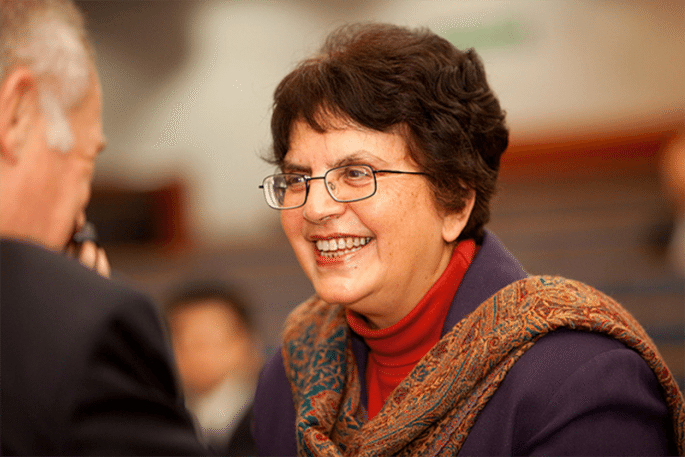History of Community Foundations
The first community foundation was established in 1914 in Cleveland in America. Philanthropy pioneer Fred Goff discovered that many of his predecessors had left benevolent wills and significant sums of money to benefit causes that had since become obsolete. He realised that a better way to ensure a community’s future was to create a fund that was held by its citizens in perpetuity, to be used at their discretion to address the needs of the day.
The Cleveland Foundation is a superb example of how well the community foundation model can work. It has raised close to $1bn in donations, has made grants of over $1.75bn, and now has over $2bn in endowment investments.
UK Community Foundations
Dorset Community Foundation is part of a UK wide charitable network of 47 other community foundations across the country managed by the umbrella organisation UK Community Foundations. Their role is to quality accredit community foundations to standards endorsed by the Charity Commission.
They also provide advice and support to member community foundations and help UK-wide clients such as Big Lottery, Rolls Royce and Comic Relief channel funding, via community foundations, to where it’s needed most.
Find out more about the UK Community Foundation network here.
Combined Impact
- UK Community Foundations are the 4th largest Funder in the UK
- The collective impact of the UKCF network has always been very significant and our endowed funds now stand at £700million.

The speech of Baroness Pasher (Ex UKCF President) in the House of Lords best describes the movement:
What I like about community foundations is the thinking that underpins them. It is about local engagement, local giving and bringing together donors and doers to support local communities to meet local needs. It is about building local social capital, inclusiveness, investing in local communities, empowering local communities and valuing community-led solutions to local issues.

